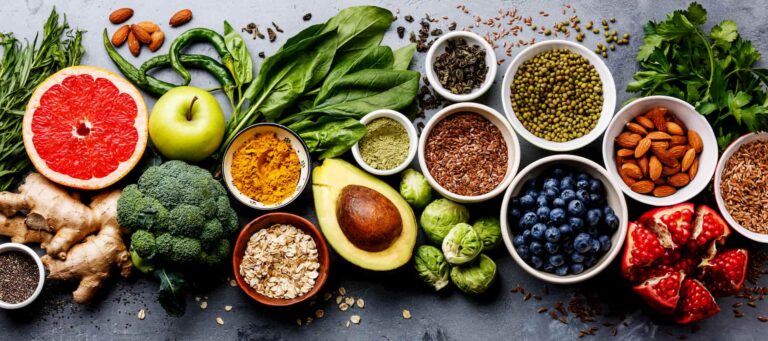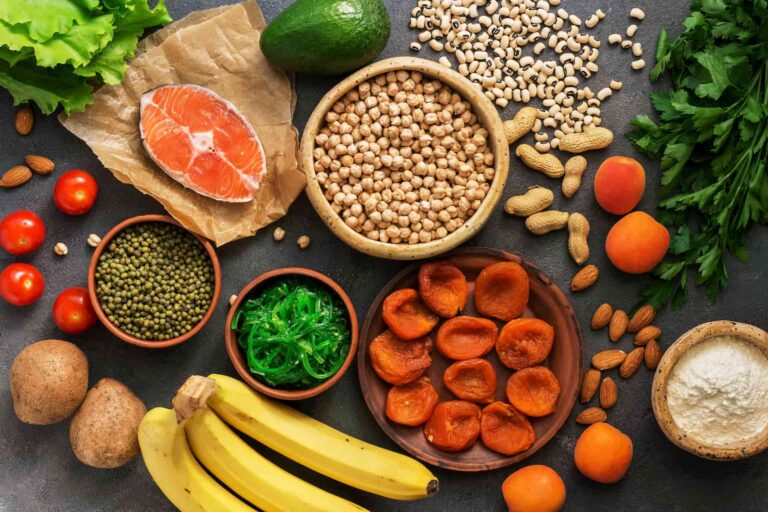
Why are low haematocrit and low haemoglobin values measured after sports activity?
Anyone who practises sport on a competitive level will have already heard of […]
Agonistic athletes may be subject to iron and haemoglobin level below normal range. The causes of this condition can be related to blood loss, hereditary diseases, gastrointestinal diseases that affect the absorption of iron, vitamins and folates. Sport-related iron deficiency is a condition that occurs in athletes after intense physical activity and is characterised by low haematocrit and haemoglobin levels.
Haemoglobin reference values may vary depending on gender and age. As an indication, normal haemoglobin values are as follows:
The average haemoglobin values in children and adolescents are (depending on age and gender) as follows:
Lower than normal haemoglobin values result in a reduced ability to transport oxygen by erythrocytes (red blood cells).
Low haemoglobin levels may sometimes be measured in sportsmen and sportswomen as a result of intense and prolonged physical exertion. It is an adaptation of the body in response to increased energy and oxygen consumption during physical exertion. The haemoglobin and haematocrit levels may be lower as aerobic activity causes an increase in blood volume and consequently a reduction in red blood cell concentration.
It is possible to detect low level for haemoglobin and haematocrit in athletes who practice constant physical activity and it is a condition that usually is not a cause for concern. It is different when this condition overlaps with an iron deficiency. In the case of an iron deficiency, the body may already be struggling to maintain normal haemoglobin levels and physical activity may worsen the situation.
For those who practice endurance training, foot race, marathon, triathlon or other sports that involve prolonged physical activity, haemoglobin and haematocrit levels may decrease rapidly due to increased intravascular haemolysis. Athletes who practise sports that require significant and prolonged physical exertion may also be subject to micro-traumas that cause micro-bleeding which, in the long run, can affect the balance of iron and haemoglobin in the blood.
When facing iron deficiency, the doctor generally may suggest an approach that includes a diet with iron-rich foods and eventually the use of food supplements or drugs containing iron. With an iron deficiency, there can sometimes also be a deficiency of vitamin B12: in these cases, the doctor will provide a diet rich in foods that also contain vitamin B12, such as meat, eggs, fish, soy and cereals.
Under normal health conditions, a healthy and balanced diet is sufficient to keep iron values within the normal range. However, specific physiological conditions (pregnancy, breastfeeding, menstrual cycle) or pathological conditions (diseases that decrease iron absorption in the intestine) may cause an iron deficiency or an increased need for this nutrient. In these cases, the doctor will assess the best diet to balance the iron deficiency and will consider whether to recommend a dietary supplement to compensate for the iron deficiency or increased iron demand by the body.

Anyone who practises sport on a competitive level will have already heard of […]

The basis of good health is always a varied and balanced diet. Athletes […]

Sportsmen and sportswomen know how important a varied and balanced diet is, which […]

Serum iron indicates the amount of “circulating iron” in the body, i.e., the […]

Those who practice endurance sports or sports that require great physical endurance know […]
The technology that guarantees the best absorption of Iron.
Find out moreRegistered Office Via Campodavela, 1 56122 Pisa
Tel. +39 050 7846500
Fax +39 050 7846524
C.F. / P.Iva / Reg. Impr. 01679440501
Cap.Soc. € 1.123.097,70
I.V. | REA 146259
pharmanutra.it